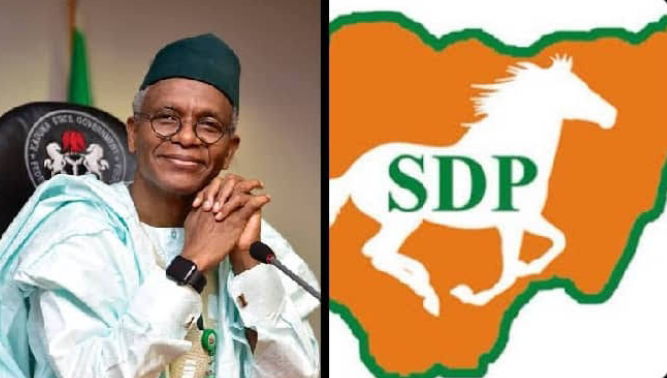Within a few minutes of it being announced that Britain had voted in a referendum to exit (thus, Brexit) the European Union (EU), Biafexit (Biafra exit) was trending on twitter in Nigeria. Pro-Biafra agitators took to twitter asking the Nigerian government to follow Britain’s example and hold a referendum on the creation of the state of Biafra, as demanded by the increasing agitation in South East Nigeria. Their argument is that if Britain, in under two years, has held two key referendums on Scottish independence and to decide if they want to be part of the EU, why can Nigeria, a British creation, not do the same?
TheCable, an online newspaper, set up a poll on 24 June asking whether Nigeria should have a referendum on Biafra. By the evening of 26 June, of the 2,467 respondents to the poll, 93% had voted ‘Yes’ which may be an indication of how popular the demand for a referendum is, or how skewed the respondents were.
The Niger Delta Avengers (NDA) militant group, which has been blowing up pipelines in the Niger Delta in the name of asking for greater autonomy in the region, used their twitter handle to call on the Federal Government of Nigeria. they ask for there to be a referendum to let Nigerians decide if they want to remain together in a single country, or to break up into separate regions which they marked out on a map. They had created five regions:
- the Arewa Republic, made up of states in the north;
- the Niger Middle Belt Republic, made up of a group of six states in the Middle Belt;
- the Oduduwa Republic, consisting of states in the South West geopolitical zone;
- the United Niger Delta Republic, made up of states in the South South;
- and the Biafra Republic, which encompasses states in the South East.
It is not clear how the NDA arrived at these specific demarcations for the regions or ‘Republics.’
But the chances of a referendum on Biafra or any other ‘Republic’ are remote, especially under current President Muhammadu Buhari, who has continuously insisted that it is not in vain that over two million people died to keep Nigeria together in the 1967-1970 civil war. However, it is becoming increasingly obvious that Nigeria as presently structured is not working. The 2015 presidential elections sharply divided the country along ethnic lines, with increasing agitations for some form of self governance especially from the South South and South East. Although these agitations are not new, they have intensified recently.
A call for the restructuring of the federation based on six regions with increased autonomy for each has also been supported by prominent Nigerians (see Nigeria Politics & Security – 06.06.16 for background). With the economy facing tougher times, the call for such restructuring will only increase. There have been demands that President Buhari implement the outcomes of the 2014 constitutional conference organised by former President Goodluck Jonathan, but the current president has said that he does not believe in the report produced at that meeting.
But with a largely youthful, increasingly educated, social media savvy and interconnected population, most of whom are largely unemployed and blaming their misfortunes on the Nigerian state, the country cannot continue to shy away from the tough question of remaining unified and how it intends to stay together in a way that maximises individual well-being, which the present structure seems to have failed to achieve.



